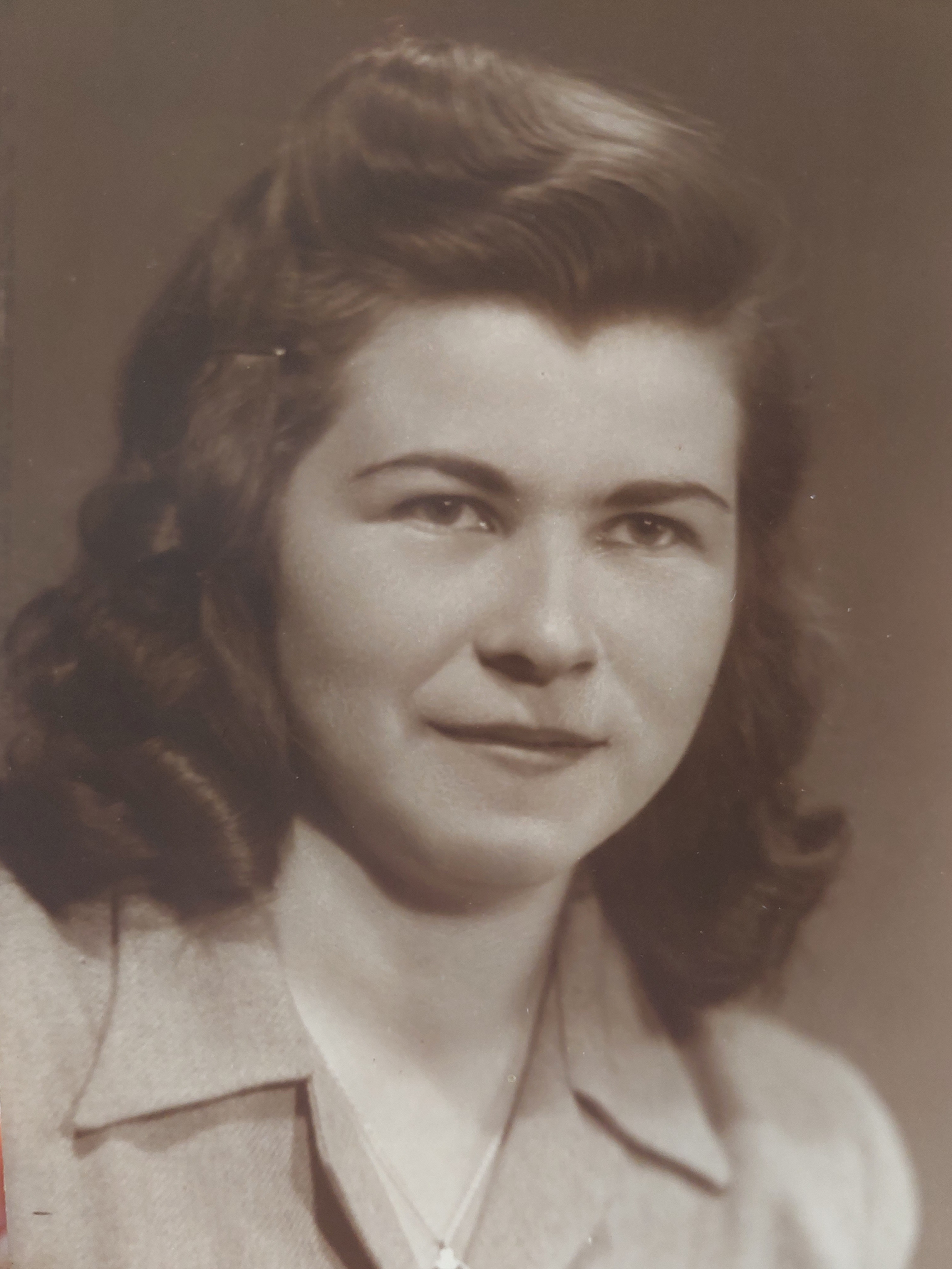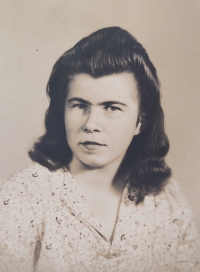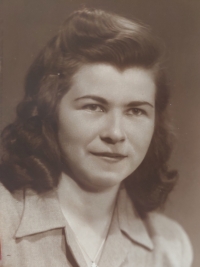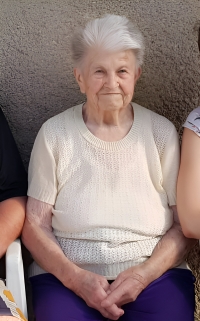They hammered nails into his head

Download image
Věra Jechová was born on April 11, 1929 in Radvanov in South Bohemia. Her father Eduard Dvořák was a carpenter. When he was not carpentering, he worked in the fields, as did his mother Emilie, who was in charge of the household. According to her own words, Věra Jechová had a beautiful childhood, albeit in poor circumstances. She has many memories of the Second World War, for example, she experienced the martyrdom of Václav Vaniš, a member of the Mladé Vožice National Committee, by the Germans at the very end of the war, on 7 May 1945. Another memory is dedicated to her future husband’s cousin Jaroslav Mikula, who tried to prevent the Germans from escaping, was captured, but managed to escape dramatically. Towards the end of the war, after the Germans had fled, Soviet soldiers took up residence in their cottage. Věra Jechová wanted to train as a seamstress, but ended up working all her life in a cowshed and in agriculture. Despite the atrocities of the war, the worst moment of her life was the day her son died at the age of only 55. In 2024, she was living in Radvanov.






